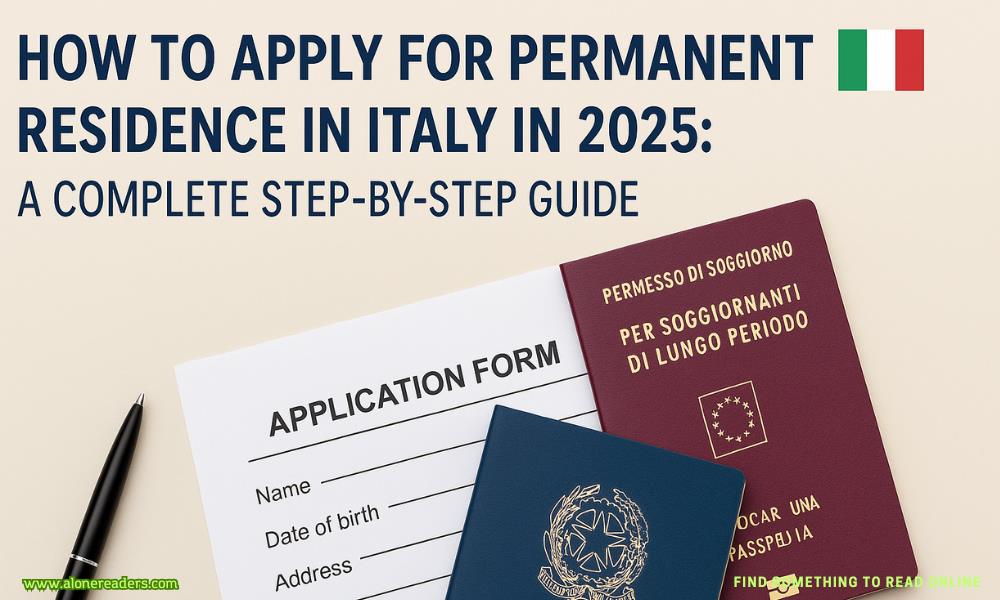Page 1 of Kill Your Darlings
2023
i
The first attempt at killing her husband was the night of the dinner party. Wendy had been cajoled into hosting by Marcia Lever, the head of the English department. Marcia called Wendy directly, instead of going through Thom, Wendy’s husband, even though he was the one who taught at New Essex State University. But Marcia and Wendy had long been friends, and Thom, especially of late, was unreliable about making plans.
“Feel free to say no,” Marcia said on the phone. “But any chance you want to throw a small shindig out at Goose Neck? Just you and Thom, myself and Jim, if he doesn’t get sick, and then our two new hires. You met Sally Johnson, right? She started back in the fall.”
“I went to that introductory cocktail thing you threw, but I didn’t talk with her. Who’s the other new hire?”
“There’s a new admin I thought we could invite. Emily. Has Thom mentioned her?”
He had, throwing her name out there in the awkward way hesometimes did when talking about his current crush. His voice would get very monotone and he’d say something like, “Emily saw such-and-such movie and said it was brilliant. I’ve mentioned Emily before, haven’t I?”
“Sure,” Wendy said.
“That’s six,” Marcia said. “I’d invite Roger and Don, as well, but only if it’s okay with you. I know this is a big ask.”
“I’ll do it, Marcia. I could use a boozy dinner party myself, but I’m going to make you stay late and help me clean up.”
“Of course, of course. Totally. Thank you, Wendy. I owe you.”
The dinner party happened two weeks later. All said, it wasn’t a total disaster. Marcia’s husband, Jim, not surprisingly, canceled at the last moment with a lingering cold he thought might be the flu. Roger and Don came, and Roger, in particular, made sure that the conversation never lagged. When Thom had first gotten his tenure-track position in the English department, Roger had been the old guard. Nearing seventy now, Roger was still the old guard, but Thom wasn’t too far behind. Roger’s husband, Don, had recently retired as the CFO of a large Boston company that did something Wendy could never remember, and it was clear that his retirement plans involved drinking himself to death in short order.
Sally Johnson, recently poached from somewhere in California with the offer of tenure, was less chilly than Wendy remembered her being at the welcome party. Still, she wasn’t exactly warm, but she did bring gerbera daisies, and she did drink two glasses of wine before the meal was served, and told everyone, again, about the thesis she’d written when she got her PhD at Cornell. Wendy watched her, fascinated by her posture and how carefully she chose her words. Everyone else was simply blurting out whatever crap popped into their heads. Sally seemed rehearsed somehow. Then Wendy remembered, a few years ago, when the poet Marcus Robertson had been a visiting professor, how he’d told her that Black academics learnedvery early on that they had to be twice as professional as everyone else, that they could never show a chink in their armor. That there was no room for error.
But the person at the party who really interested Wendy had been Emily Majorino, hired in January after Linda, the longtime department secretary, had retired. For one, Emily was Thom’s type,exactly, down to the old-fashioned green cardigan she was wearing and a nervous habit of chewing at her lower lip. She had brown hair, shoulder-length, large eyes set a little too far apart, and narrow shoulders. She brought a bottle of white wine, and when she handed it to Wendy in their large open kitchen, she said, “I’ve been looking forward to meeting you.”
“Oh,” Wendy said.
“I’m a fan of your poetry.”
Wendy actually laughed, since it was so far from what she was expecting to hear. “Sorry,” she said. “You’re maybe the first person who’s ever said those words to me. Out of the blue, I mean. How did you end up reading my poetry?”
“I ownSpecifics Omitted. I thought of bringing it for you to sign but didn’t want to embarrass you. Maybe some other time.”
“Sure,” Wendy said, still a little confused. Twenty years earlier she’d won a first-book award from a university press and published her only work. She’d felt enormous pride at the time while also being cognizant of the fact that no one besides her immediate friends and family would ever read it. “Are you a poet too?” Wendy said to Emily. She’d mostly found that the only people in America who read poetry were people who also wrote it.
“No, not really. I mean, I’ve tried... unsuccessfully.” Now it was Emily’s turn to laugh awkwardly.
“Well, thank you. And thank you for the wine. I’m just going to put it in the fridge.”
Plating the appetizers, Wendy went over the strange interaction.There had been something oddly familiar about it, and then she realized that it had been years since someone had spoken to her in the way that Emily just had. Nervously wanting something. Eager to please. It reminded her of being courted, of boys and men from the distant past. Had Emily, this odd-duck young woman, developed some sort of faraway crush on her through her poetry? It was too ludicrous to even consider.
She kept an eye on her, though, throughout the night, partly because of the strange early conversation, and partly because there was something so familiar about her. About halfway through the party, while Emily was picking at her roast leg of lamb, Wendy blurted out, “Joan Fontaine.”
“Gesundheit,” Don said, and everyone laughed.
“That’s who you remind me of,” Wendy said to Emily.
Emily, startled, said, “Who?”
“Joan Fontaine, the actress. She played the second Mrs.de Winter inRebecca.”
“Oh,” said Emily. She was turning a little red, probably because everyone was now looking at her.
“I suppose she does a little bit,” Thom said. “ButIthink she looks like Barbara Bouchet. No one here will remember Barbara Bouchet but she played MissMoneypenny in that terrible 1960sCasino Royale. That’s an interesting film because—”
Wendy interrupted by asking the table if anyone had been watchingMare of Easttownon HBO. Everyone nodded all at once. Thom glared in her direction. Still, she’d been with him long enough to know when he was getting ready to monologue about a subject that interested only him. Honestly, though, the real reason she’d stopped him was because once upon a time, many years ago, he used to tellhershe looked like Barbara Bouchet, something he’d probably forgotten all about.
- Daddy's Dirty Little Secret by Sofia T. Summers
- Sofa King Safe by Alexa Riley
- A Touch of Fate by Cora Reilly
- Mercy by Elizabeth Knox
- Veiled Vows by Ajme Williams
- Bending Over for My Tw!n by J. Snow
- Double Mountain Men by S.E. Law
- Fierce Vows by Jade Marshall
- Snowed in with the Mafia by Chloe Kent
- Claimed By a Knight by Lena Little
- Choke by Mila Crawford
- Stolen Princess's Secret by Kelly Hunter
- Wicked Games by Willow Dixon
- All Jacked Up by Abbi Glines
- Scatter the Bones by Autumn Jones Lake
- Need You to Choose Me by B. Celeste







